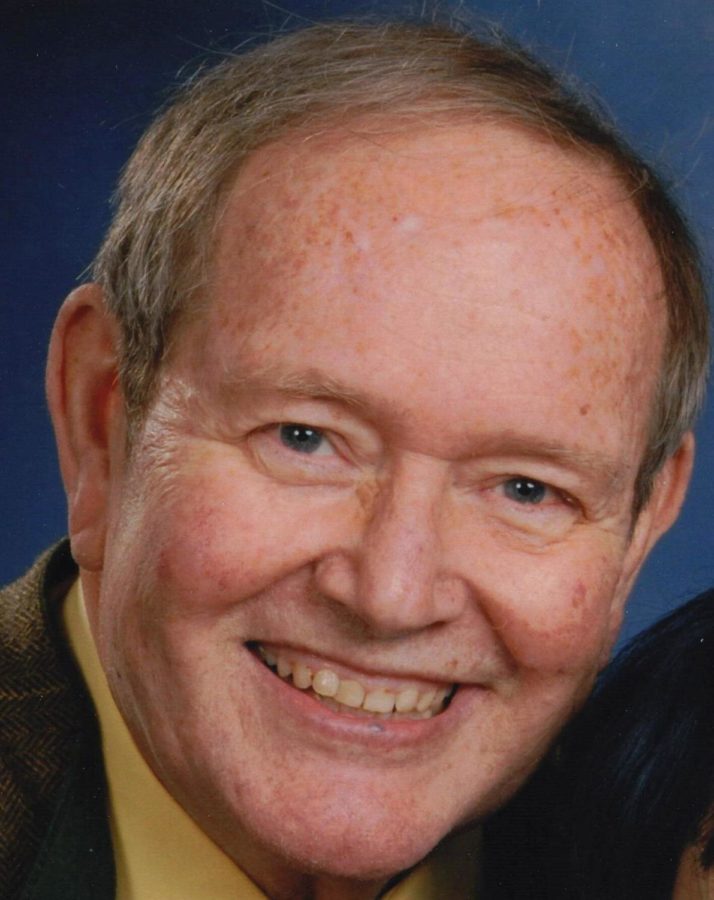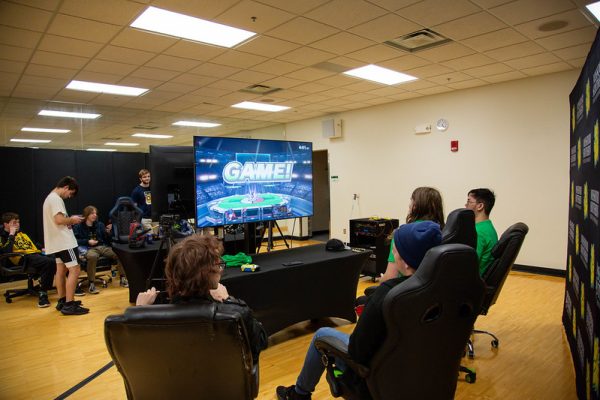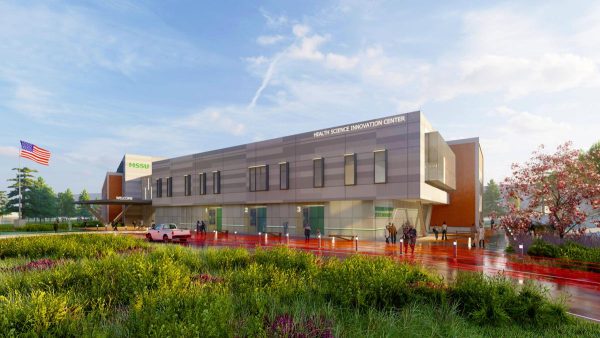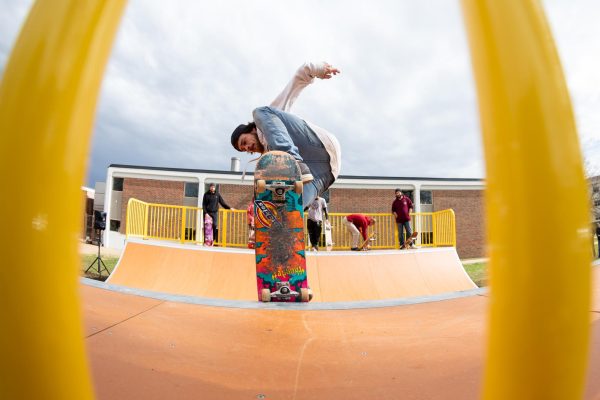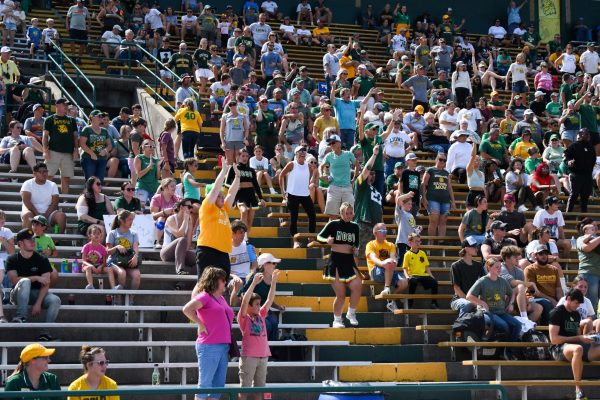Speaker brings Nordic secrets of happiness to Southern
Want to learn the secrets of becoming the happiest nation on the Earth?
What is the secret to being happiest nation?
How do we become the happiest nation in the world?
These questions and more are among the peaceful strategies Dr. Eric Hinrich plans to share next week concerning the Scandinavian people, as he takes part in the Nordic Semester activities.
Scandinavia is ranked as the highest overall happiest nation in the world, because of their economic justice, trust in government officials, job security, universal health coverage and inexpensive education.
Hinrich said these are things that set the Scandanavian culture apart and these are things people can change in the United States for future generations.
Hinrichs is passionate about sharing the history and culture with students because he believes students are the ones who can make a difference in the future welfare of the country.
“It is important for students to understand the current globalization and military alliances, which are threatening the planet with global warfare, to prevent a World War III,” said Hinrichs, adding that history is important. “We can learn from the mistakes of the past-it does repeat itself.”
Hinrich said he believes this generation can be the ones who stop this circle and make a real change in the world and the country.
Hinrichs is the president of the Danish Club of St. Louis and a strategic intelligence analyst with the American Military University.
He has a doctorate in theology from the Atlantic Coast College of Bible and Seminary. He also has a bachelor’s degree in German Literature from the University of the State of New York.
Hinrichs is the author of 500 Years of Viking Presence in America (2014), Bronze Age Norse and Vikings in the world: 300 Years of Linguistic and Scientific Evidence (2018), and The Russian- Ukrainian War of 2014 (2018) as well as 15 other books related to Nordic languages, European politics, and economics.
On Monday, Sept. 10, Hinrichs will be on campus giving give students insights into how Scandinavia became one of the happiest nations on Earth. He will also discuss the language of the Vikings, Scandinavian travels, and the everchanging demographics of Scandinavia.
In his first talk, Do you Speak Old Norse, the Language of the Vikings? Dr. Hinrichs will discuss the Scandinavian language and how it has evolved from the Norse language to the modern-day languages in the Nordic area and compare it to other languages such as Phoenician, Tifinagh, Algonquin and Medieval languages.
He will also discuss the hypothesis, supported by DNA evidence, about Scandinavian people and how they originally came from Asia.
He will also talk about Heimskringla which was written an Iceland poet.
The talk, set for 9 a.m., Monday, at Corley Auditorium in Webster Hall, will be good, he said, for those interested in learning the Scandinavian language or would like to study in the country. Admission is free to all students.
Hinrichs’ second talk, Scandinavians Were Everywhere- The First Global Travelers!, is an overview the Scandinavian history from the Bronze Age to approximately 2016 A.D., with the Norse founding of Kiev, Novgorod and Moscow.
He will present the evidence American Indians and Nordic explorers had interrelations using biological, historical, artifacts, DNA and cultural documentation. Most of the information presented will come from his book The History of Nordic Languages.
This talk will take place at 11 a.m. Monday, at Corley Auditorium in Webster Hall. admission will be free to all students.
Hinrichs’ last talk is The Changing Demographics of Scandinavia. In it, he will discuss the social systems, economics, politics, demographic issues and relationships with other countries.
He will outline the issues such as the relationship with Russia and threats to global and domestic security.
He will also discuss the economic dependency of Scandinavia on Russian gas and oil resources, and the weakening of the NATO and EU bonds. Much of this discussion will come from his The Russian-Ukrainian War of 2014.
This talk will take place at 1 p.m., Monday, at Corley Auditorium in Webster Hall. Admission will be free to all students.
Your donation will support the student journalists of Missouri Southern State University. Your contribution will allow us to purchase equipment and cover our annual website hosting costs.



















